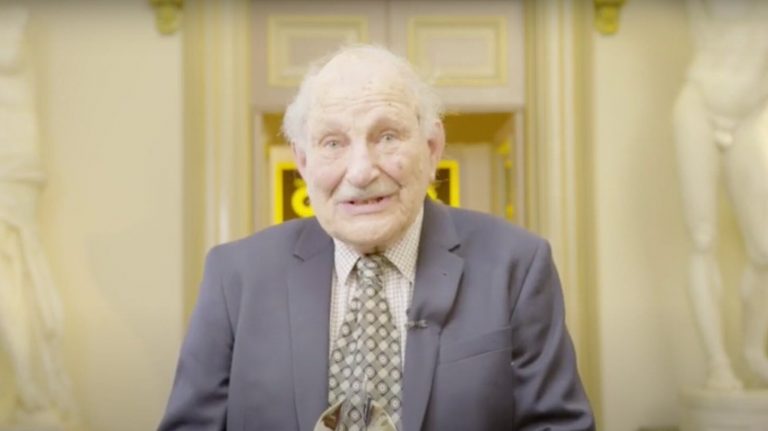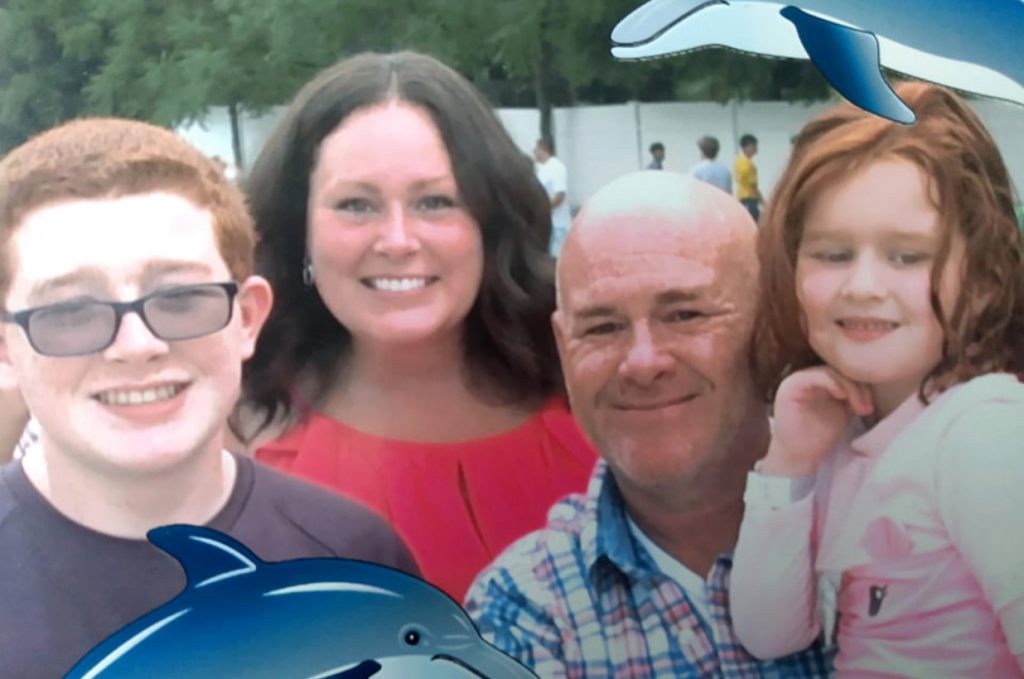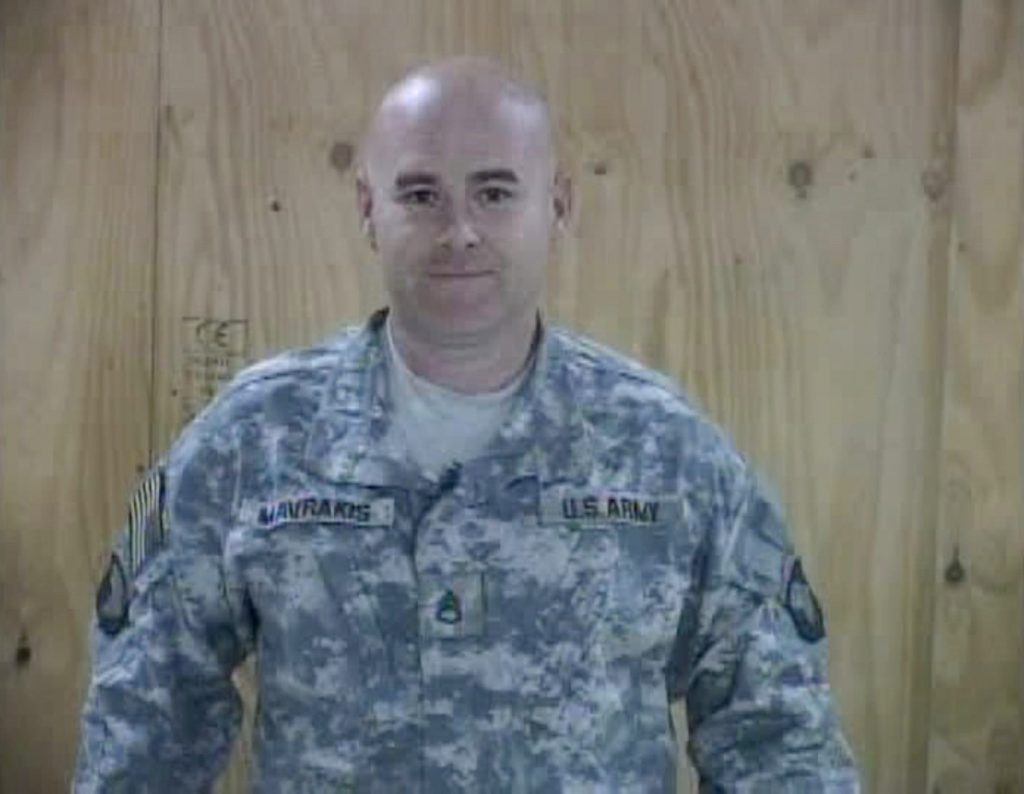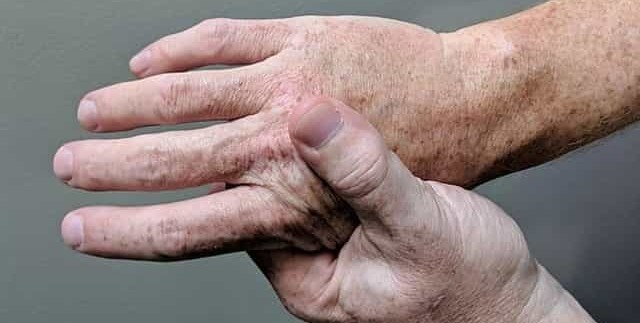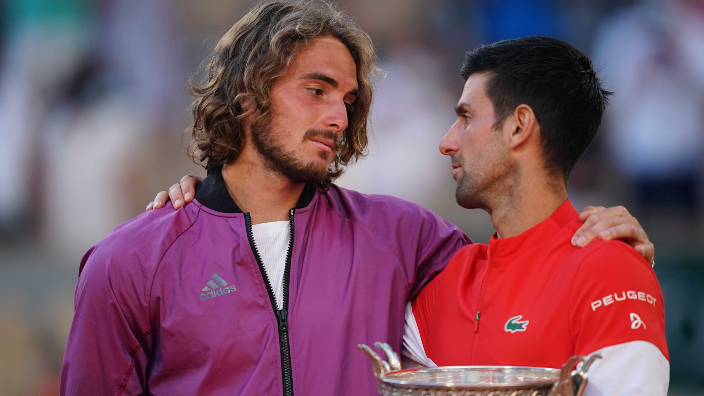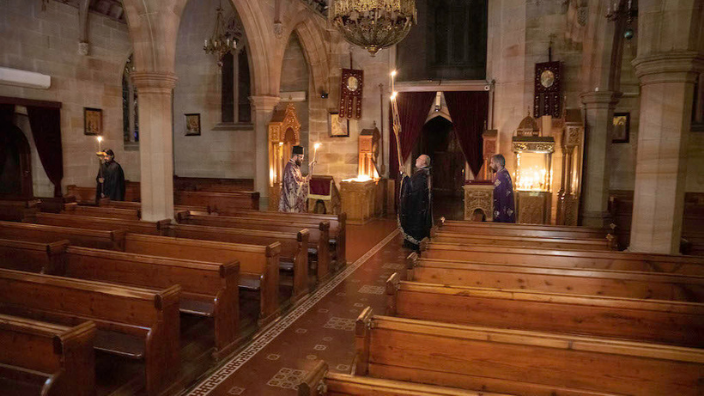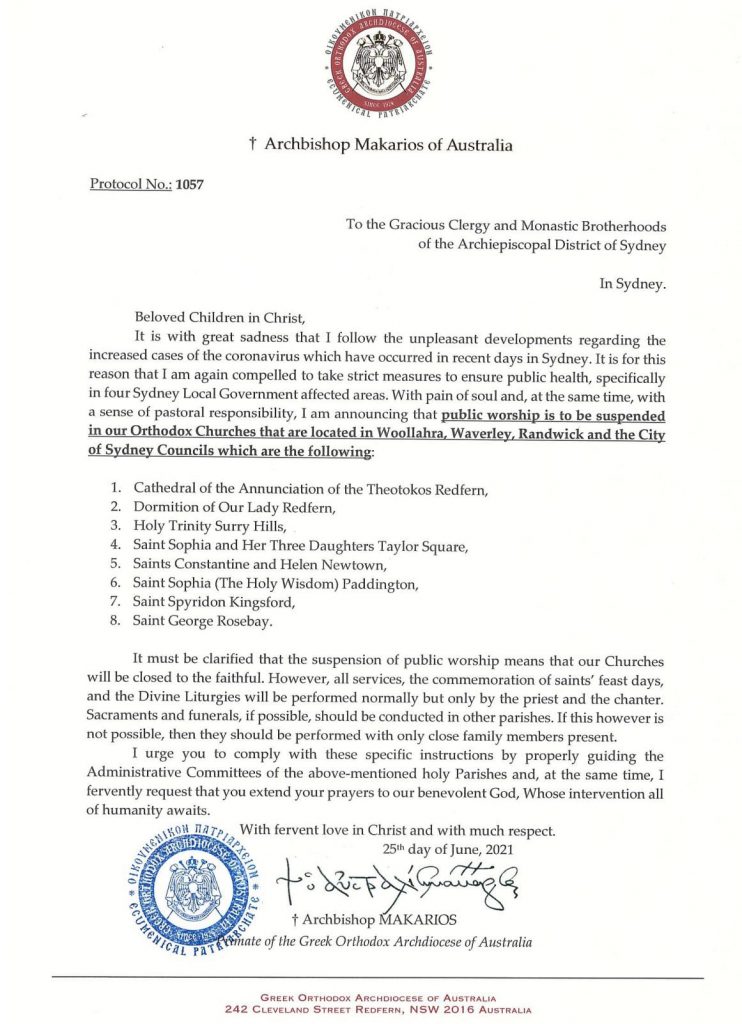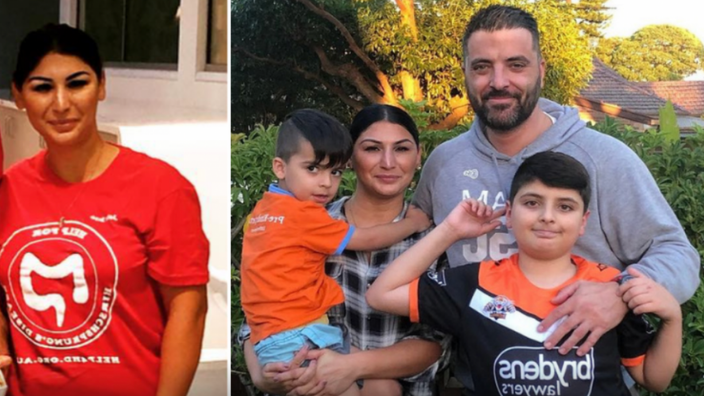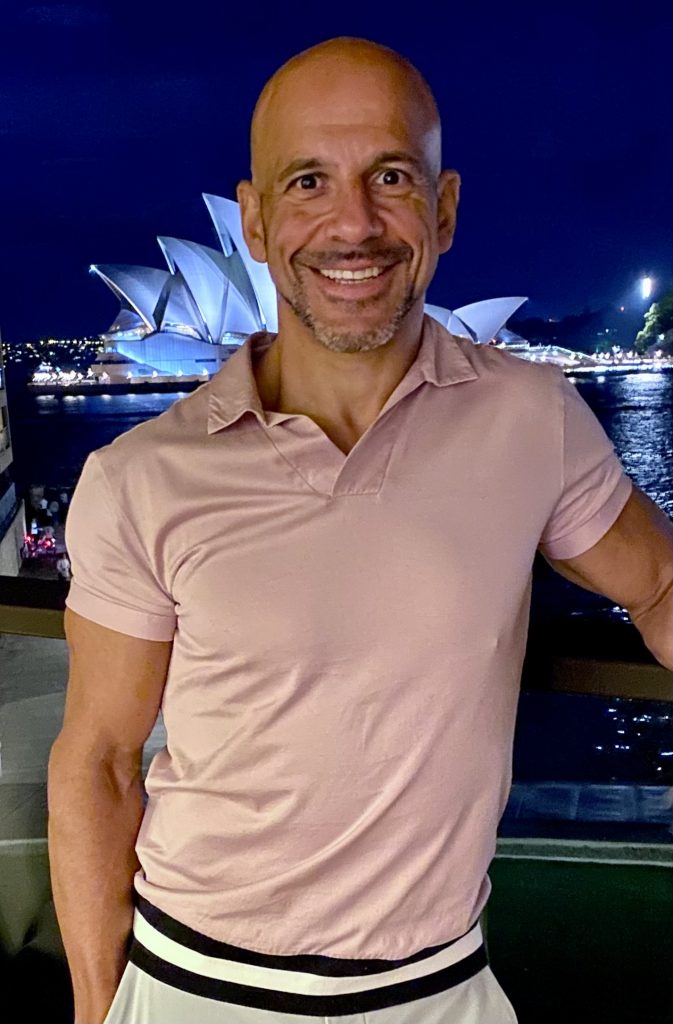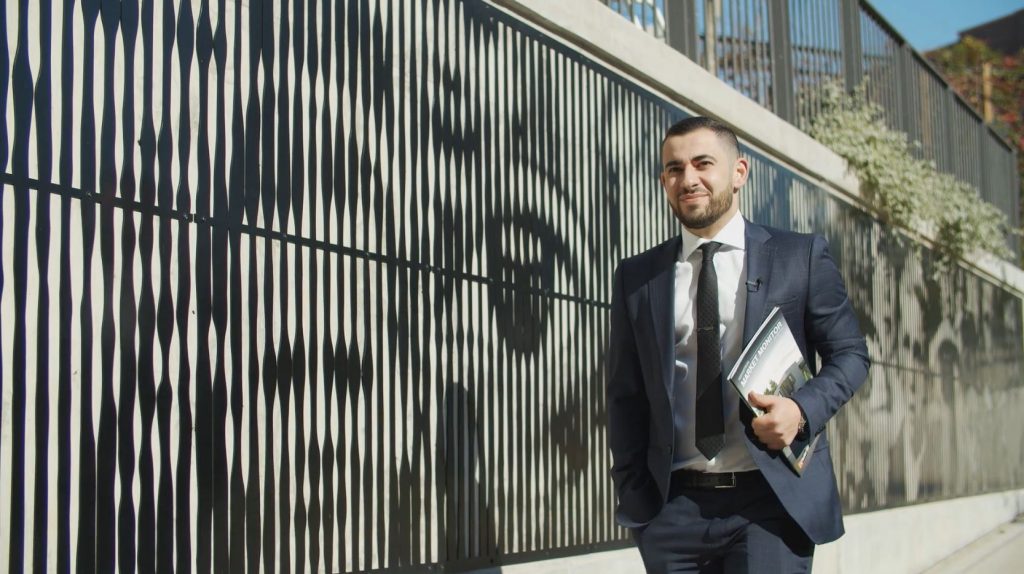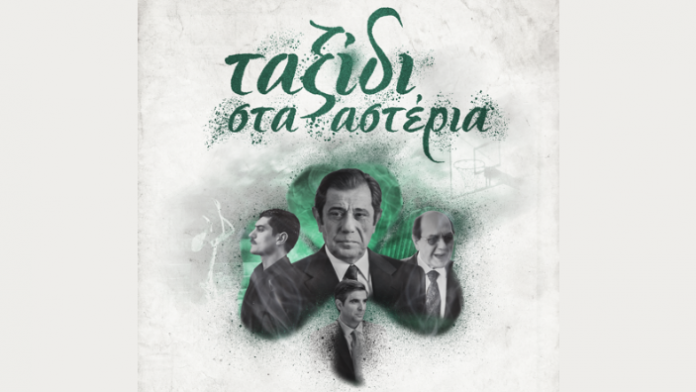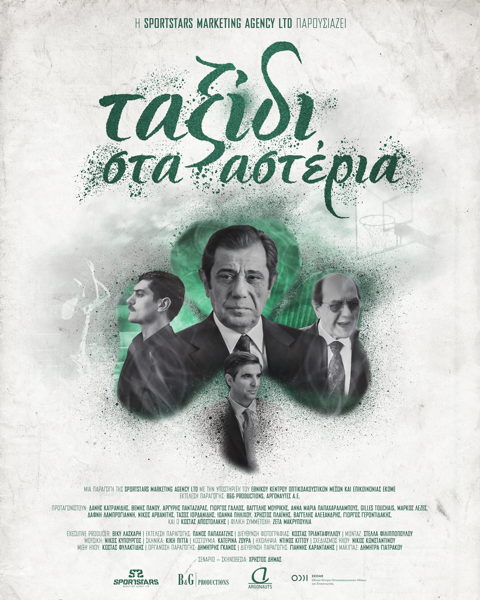UPDATE:
Current stay-at-home orders have beeen extended across all of Greater Sydney including the Blue Mountains, Central Coast and Wollongong from 6pm today (26 June) until 11.59pm Friday, 9 July.
Everyone in Greater Sydney must stay at home unless it is for an essential reason.
The reasons you may leave your home include:
· Shopping for food or other essential goods and services;
· Medical care or compassionate needs (people can leave home to have a COVID-19 vaccination unless you have been identified as a close contact);
· Exercise outdoors in groups of 10 or fewer;
· Essential work, or education, where you cannot work or study from home.
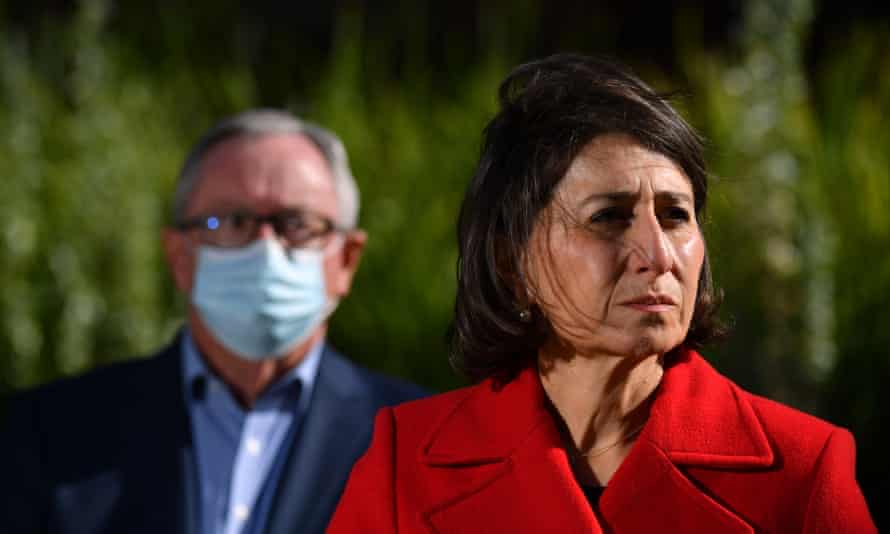
EARLIER
NSW recorded 29 new locally acquired cases of COVID-19 in the 24 hours to 8pm last night. This includes 17 cases which were announced on Friday morning.
One of the cases reported to 8pm last night remain under investigation and the source of another previously reported case, a child who attends St Charles’ Catholic Primary School in Waverley, also remains unlinked.
There were 55,227 tests reported to 8pm last night, compared with the previous day’s total of 47,603. This is the highest number of COVID-19 tests in one day since 23 December 2020, when 60,184 tests were recorded.
Of the 29 locally acquired cases to 8pm last night, 26 are linked to the Bondi cluster. Twelve of the 29 cases were in isolation throughout their infectious periods.
Two cases were linked to a workplace in Marrickville, Great Ocean Foods.
Anyone who worked in, attended or was a customer in Great Ocean Foods at 5/11 Cadogan Street from Monday 21 June to Friday 25 June and their household contacts is a close contact and must immediately get tested and isolate for 14 days, regardless of the result, and call 1800 943 553 unless they have already been contacted by NSW Health:
Anyone who directly received a delivery from Great Ocean Foods from Monday 21 June to Friday 25 June and their household contacts must immediately get tested and isolate until further advice is provided by NSW Health.
NSW Health has also been notified of additional venues across Sydney visited by confirmed cases of COVID‑19.
Anyone who attended the following venue at the time listed is a close contact and must immediately get tested and isolate for 14 days, regardless of the result, and call 1800 943 553 unless they have already been contacted by NSW Health:
| Sydney | Cheers Bar & Grill | 561 George Street | Sunday 20 June01.45am – 03.30am |
| Bankstown | Rebel, Bankstown Shopping Centre | North Terrace | Thursday 24 June3.45pm – 4.30pm |
Anyone who attended any of the following venues at the listed times is a casual contact and must immediately get tested and self-isolate until a negative result is received. Please continue to monitor for symptoms and immediately isolate and get tested if they develop:
| Sydney | Paloma Espresso Café | Shop 1 Ground floor 10 Shelley Street | Monday 21 June1:50pm to 2:10pm |
| Casula | Oporto | Casula Central Shopping Complex,16/633 Hume Hwy | Tuesday 22 June 12.50pm to 12.55pm |
| Casula | Pasta Italia Cucina | Casula Central Shopping Complex, 12A/633 – 639 Hume Hwy | Tuesday 22 June 1pm to 1.10pm |
Stay-at-home orders are also still in place for the Woollahra, Waverley, City of Sydney, and Randwick local government areas (LGAs) from midnight last night until 12:01am on Saturday, July 3.
Anybody who lives, or has worked in these four LGAs in the past two weeks, may only leave their home for essential reasons.
These reasons include:
- Medical care or compassionate needs.
- Exercise outdoors in groups of 10 or fewer.
- Essential work, or education, where you cannot work or study from home.
- If you need to buy essential goods or services.
- Visitors to households will be limited to five guests – including children.

